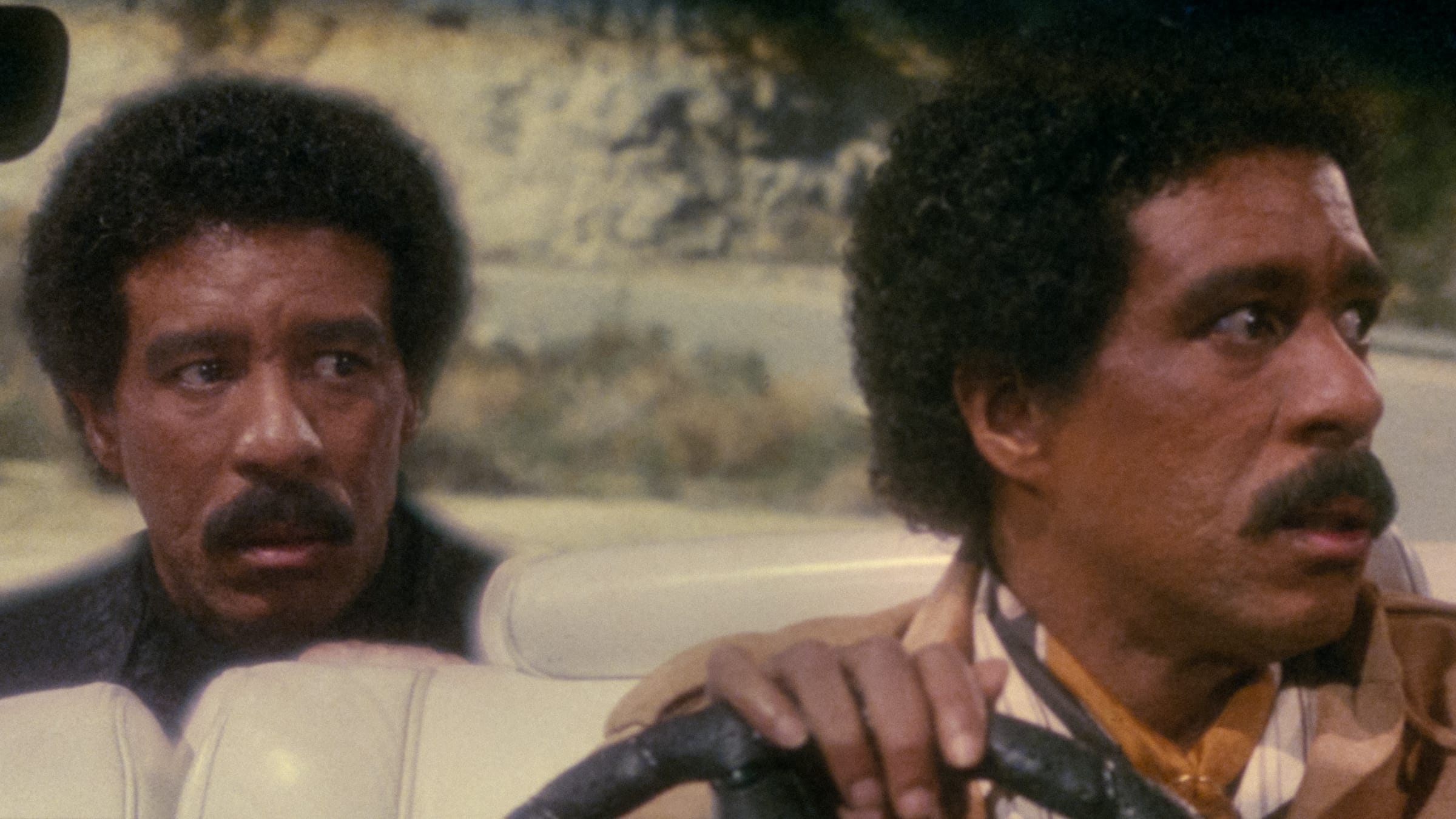(ThyBlackMan.com) When you turn on the news or take a ride in your car and listen to the radio, do you ever pause to think, “Where’s all of the good news?” It seems nearly impossible today to find any good stories that lift the spirit, stories that remind you there is still good in humanity and that the human condition isn’t uniquely bad. If an alien ever visited our world and only watched the news or listened to the radio, it would think we’re an inherently bad species quickly headed toward our own destruction and demise.

Everything in contemporary society is about sound bites. When you log onto social media, whoever posts the most salacious remarks typically gets the most likes and reposts. Social media company algorithms promote toxicity, and we further it by engaging with it. When you watch your favorite cable news programs, they’re often devoid of depth and nuance, opting instead for sound bites and yelling matches from commentators on different sides. Seldom do we see hosts or their guests debate issues rationally and objectively, because it doesn’t feed the social media clicks when they post their appearances online. In essence, our nation and, in many respects, our world are broken, but it’s not irremediable, at least not yet.
With these realities in mind, it becomes important — in fact, vital — to find things that uplift the human spirit. Good news stories serve as a reminder of the potential for goodness and greatness — it’s that little spark of light in the dark forests that reminds us that daylight will eventually come. The human capacity for compassion, innovation, and collective action toward the common good is still there if we just look hard enough.
The importance of finding and sharing good news stories goes beyond mere escapism or naivety about the world’s challenges; we all know what exists. However, it is a reminder that, despite the bad, there are people all over the world, in our country, and even in our individual communities who have dedicated themselves to doing the right thing. These stories offer a counterbalance to the prevailing narratives of conflict, despair, and cynicism, reminding us of the potential for a just and harmonious society.
The good in the world serves as inspiration to do the right thing. I’ve met countless people who have told me that they saw, read, or heard of a good deed and how it motivated them or their entire communities to engage in acts of kindness, innovation, and solidarity. These acts instill a sense of belonging, national responsibility, and cohesion among disparate people in a nation, and that’s good for the individual and those being helped by said good deeds.
In a world increasingly fragmented by ideological divides and existential threats, the intentional search for and dissemination of good news stories is a radical act of resistance. It is a reaffirmation of our shared humanity and our collective capacity for moral and civic excellence. By feeding our thymotic hunger for recognition in positive and constructive ways, we lay the groundwork for a more empathetic, cohesive, and just society.
In our relentless pursuit of the truth, let us not overlook the power of good news to inspire, unite, and elevate. In honoring our thymotic desires for recognition, esteem, and belonging through stories that highlight the best of human nature, we not only enrich our individual lives but contribute to the realization of Plato’s vision for a harmonious and just society.
Written by Armstrong Williams
Official website; http://twitter.com/Arightside

















The first time I read Plato, the Greek Philosopher, as a student at university, I was truly impressed with his explanatory factors relative to our perceptions of reality’ PLATO’S DUALITY “, but under a more careful logical evaluation of his work, I have found that Plato’s work is replete with convincing logical errors.Plato speculated upon his beliefs that there is a duality of worlds,the world in which we live that is in a state of constant flux, and is unreal, and the world where nothing ever changes, and this world being that world which is real.In accordance with Plato’s philosophy of dual worlds you are calling for good news in a sense perceivable world in constant flux, a world previously identified by Plato as an unreal world.Plato speculated a real world unproven by empirical scientific practice therefore he didn’t have any proof that a so-called real world ever existed.Talking about good news in an unreal world doesn’t make sense.
“Plato’s Republic contains many examples of “Duality”. The most striking, philosophically speaking, is Plato’s assertion about the existence of two worlds. The originality in the concept of the duality and existence of two worlds was in the development of his theory of the Forms.
Plato describes in his Republic the existence of two parallel worlds. The first world is a reliable eternal world where nothing changes. And the second world in his view, our physical world, is a world in a state of constant change and therefore unreliable.
Plato distinguishes between a sensible perceptible visible world (our world) and an intelligible (real) world. In the physical world in which we live, we perceive and understand with our senses. Here, all objects are mere imitations or illusions. We cannot be satisfied in this world because it is not real. Therefore Plato argues, we must look into the second world which is the intelligible world, where everything is real, constant and everlasting. This is the world of the ideal true Forms. For Plato, this world is the world of good, beauty, and truth. And this world can not be understood by the senses only by reason.
This is a perfect example of duality which by definition is the existence of two opposing parts, that sometimes have opposite meanings, as in the reliable and unreliable worlds of Plato. Plato uses many more examples of duality in his Republic. In Book I, for example, the reader is introduced to a debate about wealth justice moderation and their opposites.
We should also remember that the word duality also refers to Plato’s belief about the body and mind being two separate entities. Obviously, body and mind oppose each other.
Related Posts;”
“Also, read the related Blog posts as follows: Plato Totalitarian Plato’s Academia, Plato and Justice, Plato’s Imitation Theory, The Republic Lead subjects, Plato’s Regimes, Art as Imitation, Duality in Plato’s Republic, Plato and Art, Dystopia Connotations, Utopia Connotations, What is Utopia, Plato’s Republic, Who was Plato, Plato’s Visual Utopia book;”
Featured image artwork, “Two Worlds” – Illustration by Daniel Heller.”